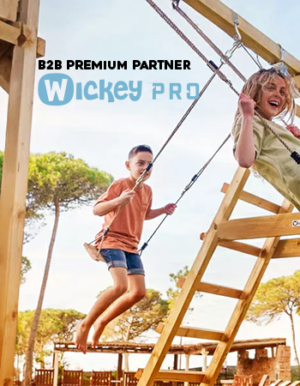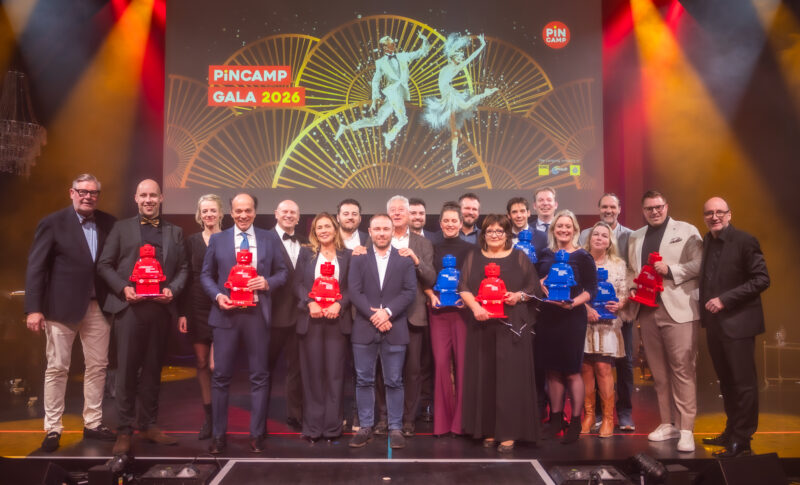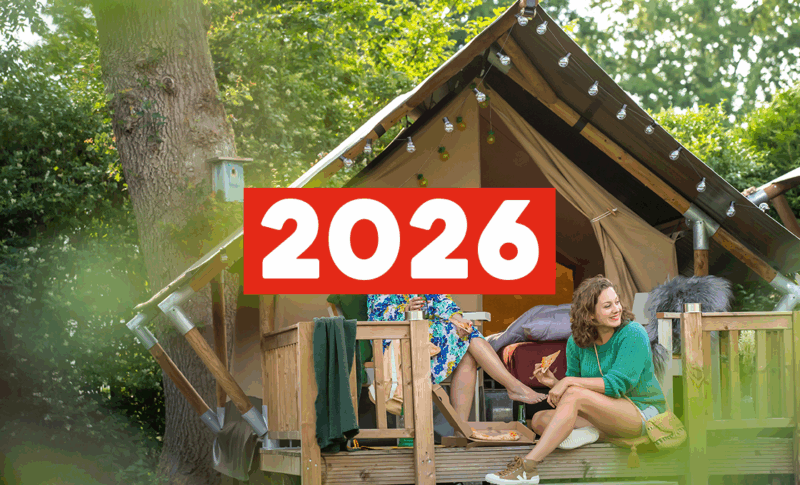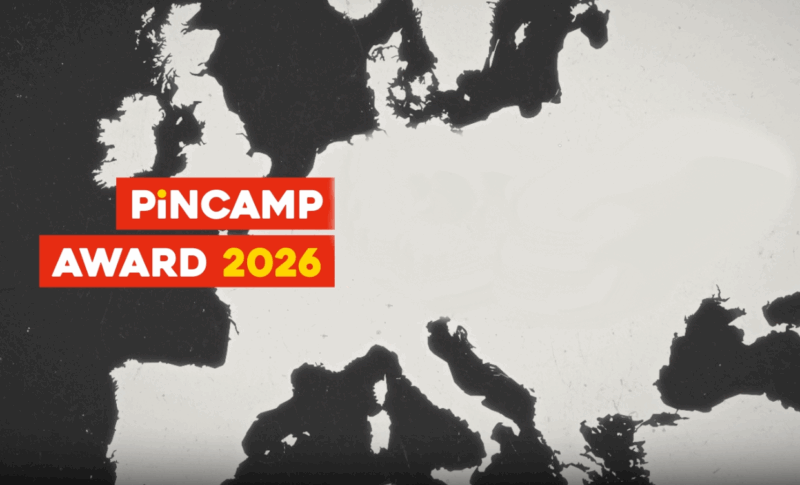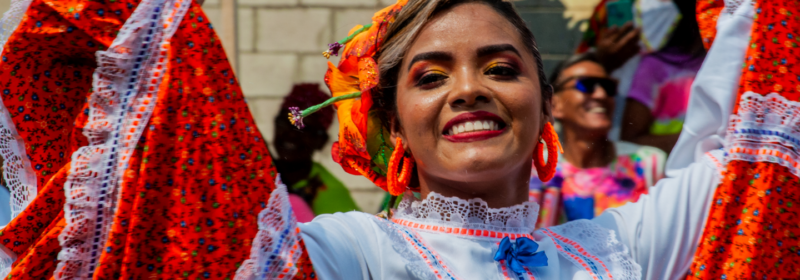
Beyond providing a place to pitch tents or park campervans, campgrounds serve as gateways to the unique culture, heritage, and experiences offered by nearby towns and regions. With an increasing number of tourists seeking alternatives to conventional holidays, there’s a notable trend towards experiencing the authentic side of destinations – Experience tourism. This rise of interest in the local culture shows no signs of slowing down and this is why it’s important you make the most of it.
In this editorial, we delve into the strategies and benefits of engaging campsite guests with the local community. We explore how these connections enhance the overall camping experience and contribute to sustainable tourism practices. At the same time, you’re bringing more campers to your campsite – so it’s a win- win situation!

Did you know that even 40% of global travelers will travel to learn about different cultures and/or destinations!
Experience tourism trend refers to travelers prioritizing experiences (85%),with many looking forward to exploring the unknown (81%), trying the local cuisine (64%) and learning about local customs and traditions (48%) when on holiday. (Hilton’s 2024 Trends Report)
Local communities are key drivers of sustainable tourism, offering valuable insights and practices that can not only enhance profitability but also improve the local economy. Actively involving them in your initiatives is essential for achieving long-term sustainability goals and fostering mutually beneficial relationships which lead to increased bookings and customer loyalty.
Be vocal for local!
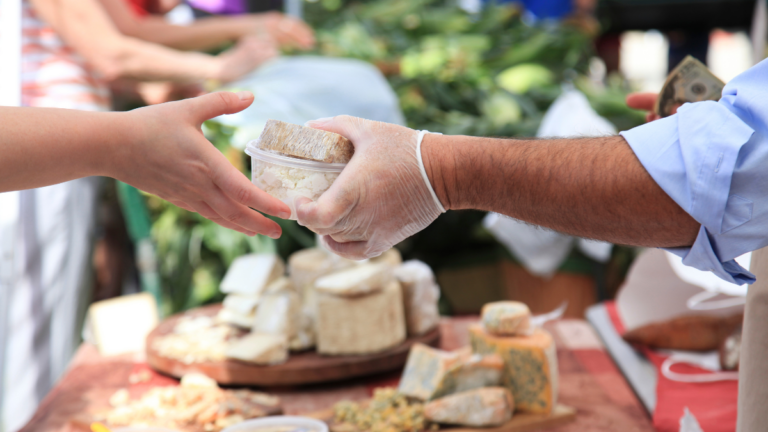
Ways in which your guests can be involved in the local community:
- Promoting the local culture: Consider creating informative materials, such as detailed folders, highlighting aspects of the community, its traditions, and values, which can be made available in guest rooms, libraries, and common areas.
- Educate guests: Offer guided tours or educational programs that highlight the significance of nearby landmarks or natural attractions (biking/hiking trails etc). Encourage guests to immerse themselves in the local culture by participating in traditional activities, attending cultural events, or sampling local cuisine (local artisans, food producers etc.).
- Utilize local talent: By hiring employees from the community for skilled roles and management positions, aiming for at least 30% local employment. By integrating locals in your workforce, you not only preserve cultural heritage but also offer guests authentic insights into the community.
- Establish Partnerships: Reach out to local businesses, artisans, farmers, and tour operators to establish partnerships. Collaborate on special events, workshops, or guided tours that showcase the best of what the local community has to offer.
- Host Community Events: Organize community events such as farmers’ markets, craft fairs, performances from local dance and entertainment groups or cultural festivals on-site at the campsite. These events not only provide entertainment for guests but also encourage interaction between campers and locals.
- Support Local Businesses: Source supplies, food, and services from local businesses whenever possible. This not only supports the local economy but also promotes a sense of community pride among guests.
- Volunteer and Give Back: Get involved in community service projects or volunteer initiatives to give back to the local community. This could involve organizing beach clean-ups, trail maintenance days, or fundraising events for local charities.
- Create a Community Space: Designate a communal area within the campsite where guests and locals can gather to socialize, share stories, and forge connections. This could include a campfire pit, picnic area, or outdoor seating area.
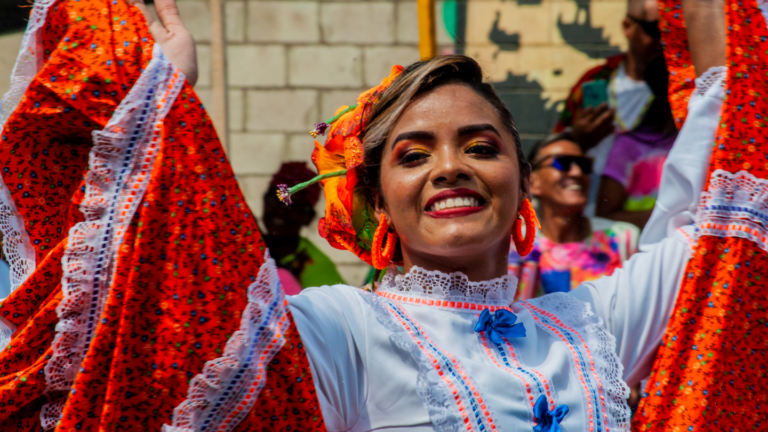
By actively involving the local community, campsite businesses can enhance the camping experience for their guests, making it more genuine and unforgettable. This not only boosts the local economy but also cultivates a stronger sense of community spirit within the tourism field.
Cover picture: © Cristian Sarchy – pexels.com

